EDITORIAL
Published on 21 Sep 2018
Editorial: Microbial Ecology in the North Pacific Subtropical Gyre
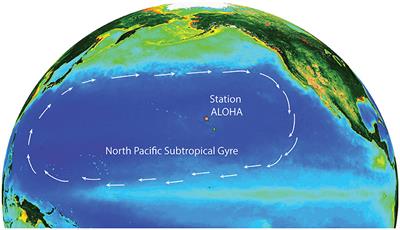
doi 10.3389/fmars.2018.00334
- 2,344 views
- 1 citation
11k
Total downloads
71k
Total views and downloads
Select the journal/section where you want your idea to be submitted:
EDITORIAL
Published on 21 Sep 2018

ORIGINAL RESEARCH
Published on 25 Jul 2018

ORIGINAL RESEARCH
Published on 20 Apr 2018
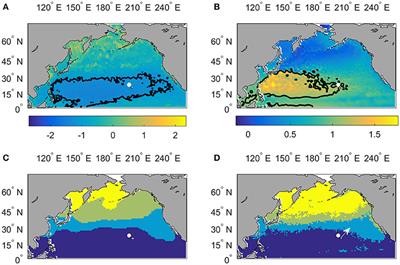
ORIGINAL RESEARCH
Published on 21 Mar 2018
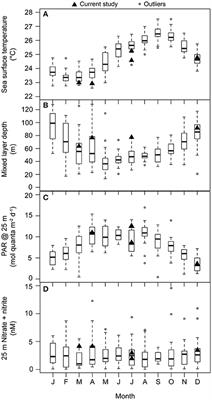
ORIGINAL RESEARCH
Published on 01 Mar 2018
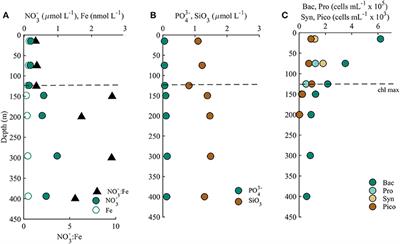
ORIGINAL RESEARCH
Published on 14 Feb 2018
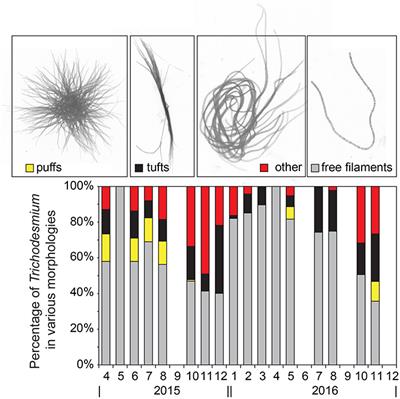
ORIGINAL RESEARCH
Published on 27 Nov 2017
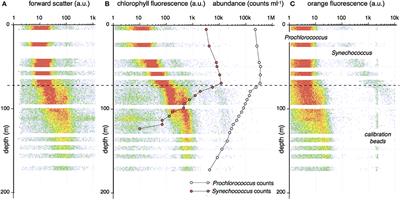
ORIGINAL RESEARCH
Published on 24 Nov 2017

ORIGINAL RESEARCH
Published on 16 Nov 2017

ORIGINAL RESEARCH
Published on 26 Sep 2017


Frontiers in Microbiology